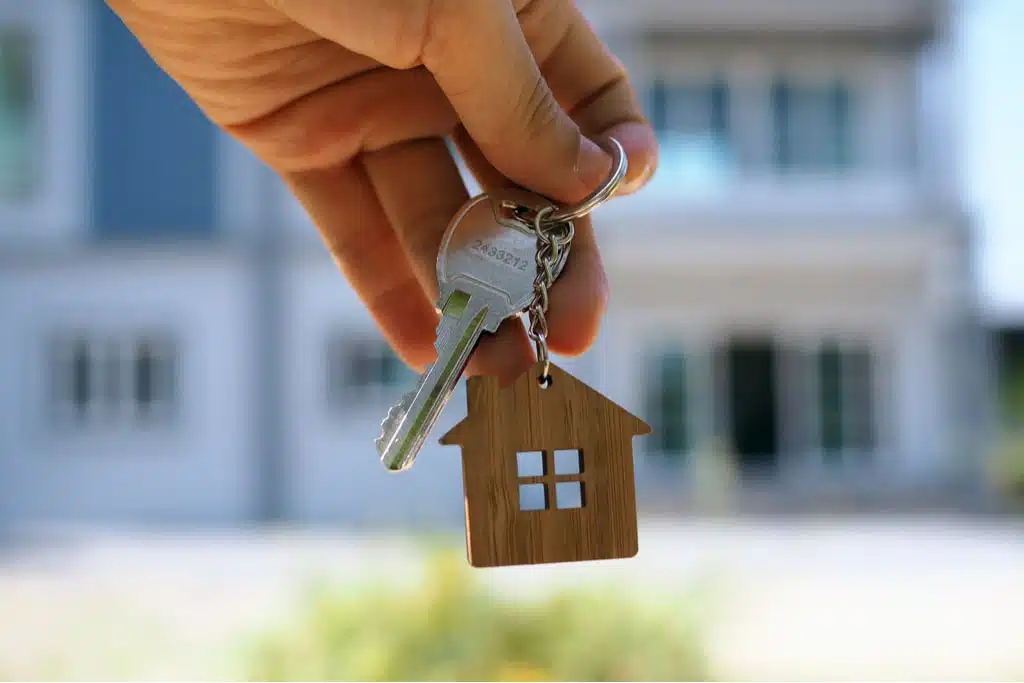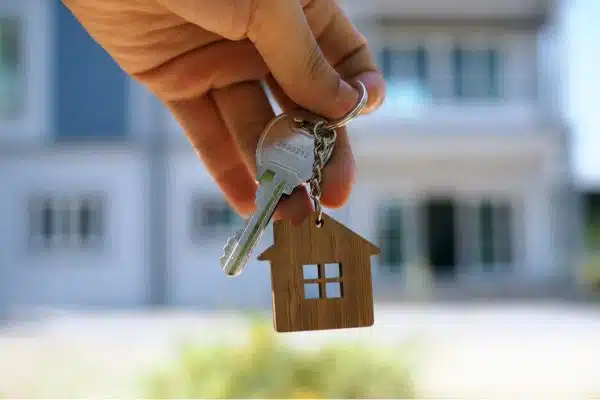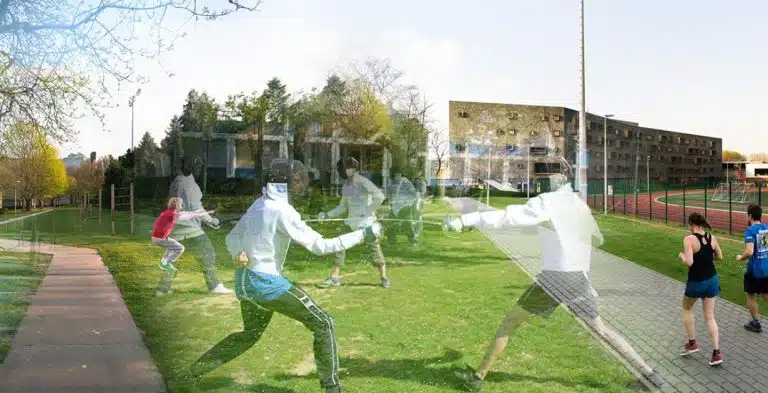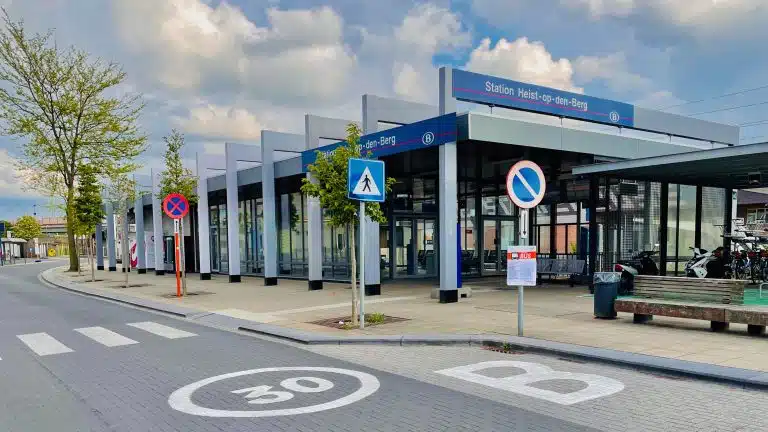How to rent appartament or house in Belgium (Flanders)
Many people in this group may already be considering a longer-term rental of housing in Belgium. The process of finding accommodation can take weeks, and sometimes even months. We would like to share our experience and talk about the pitfalls and unexpected challenges that one might encounter in Flanders.
Useful terms to remember:
- Te huur (Dutch), À louer (French), for rent (English) – for rental
- Te koop (Dutch), À vendre (French), for sale (English) – for buying property
Where to search for offers:
- On advertisement websites like https://www.zimmo.be/ and https://www.immoweb.be/.
- Through agency websites such as https://www.immodavinci.be/nl/te-huur, https://www.dewaele.com/en/for-rent, etc. – there are many of them.
- In local Facebook groups, for example, https://www.facebook.com/groups/622525177811452
In both cases, renting is often done through an agency. The agency’s services are paid for by the property owner. Take advantage of the help provided by agents as it is free for you. However, keep in mind that the agent will primarily be protecting the interests of the property owner.
How to plan your budget: In addition to the “label” price per month that you can see on websites and advertisements, you need to be prepared for the following expenses:
- Contracts for water, electricity, gas, and internet are not included in the rent and must be arranged separately with the service providers. The agency representative usually helps you with these contracts, but you can choose providers with more favorable conditions on your own.
- Multi-apartment buildings often have common costs on top of the rent, covering waste collection, cleaning of common areas, etc. A common rule is 1 euro per square meter, but it can be more. In some cases, an attractive rent price may be compensated by significant hidden surcharges – make sure to inquire about them at the earliest opportunity.
- Fire insurance is mandatory and the simplest one will cost around 10+ euros per month.
- If you plan to rent a house in the private sector far from city centers, don’t forget to mentally add the cost of transportation to the rent.
- The property owner is responsible for urgent and major repairs, but the tenant is responsible for maintenance and minor repairs. The contract may include additional items, such as payment for servicing a gas boiler every two years, which can cost 120+ euros.
- Summing up all these points, you can expect to pay from +20% to +50% on top of the advertised price per month. I advise you to set a budget for yourself in advance and stick to it firmly, taking all factors into account.
Also, when signing the contract, the property owner or representative will likely ask you to pay a security deposit. This is usually 2-3 months’ worth of rent. This money will be deposited into a special account that neither you nor the property owner can access until the contract is terminated or in case of significant damage for which you are responsible. Even after moving out, you won’t see this money immediately and it may be used for the cost of cleaning and minor repairs.
The agent or owner may ask you to show your income for the previous three months. Most likely, they want to see a monthly income three times higher than the monthly rent. They may reject your application if they consider your income insufficient to cover the rent and living expenses. This requirement can be a veiled rejection on their part.
The monthly rent is usually indexed (increased by a small percentage) once a year.
How to choose an area for an economical life:
- Keep local public transport routes and their connections to local train stations handy.
- Look for economical supermarkets like Aldi, Lidl, Colruyt, Albert Heijn on Google Maps.
- If there’s an IKEA in your city, plan a route to it. You will likely have to make many trips there with medium-sized furniture even after moving.
- Use the map view on housing search websites to consider only offers in the areas of interest to you. Use Google Maps street view to assess the situation on the ground. If possible, visit attractive areas in person.
What to Expect from Rental Housing
Housing in Belgium is often rented out without furniture but with repairs, plumbing, and a fully equipped kitchen.
Though less common than in Germany, there are cases where previous tenants may ask you to buy some of their furniture, such as wall shelves. Assess the landlord’s opinion on this matter, and don’t be persuaded to do something just because the previous tenant sold it to you.
Often, the rental includes a basement room or a spot in a shared parking lot. Having a basement is a big plus for budget housing as extra storage space is always needed. Your own parking space in major cities can cost more than public parking, and residents often park for free on the streets in their area – consider this and decline parking if it’s not essential for you.
Standard rental contract conditions: Rental contracts are often based on standard templates established by law. You will likely be given an addendum to read and sign, which describes the deviations from the standard contract that the landlord wants to include. Anything not mentioned in this addendum defaults to the standard template, so it’s advisable to at least browse through it when it’s translated.
The law provides several tenant protection measures against eviction and early termination of the contract. The fact that the property is your main residence is a serious legal argument in certain situations.
The default informal standard is the so-called 3-6-9 contract. In short, this means that you can terminate the contract only by paying 3/2/1 monthly payments if you terminate it on the 1st/2nd/3rd year of the lease. After that, the contract automatically extends for another 3 years, and then another 3 years. The landlord can only terminate the contract for a valid reason and must compensate you for that.
There are less common offers with short-term contracts of up to 3 years. Such contracts often don’t allow early termination.
Negotiating terms and price may be appropriate if you communicate directly with the landlord. The owner may make concessions and forgive certain aspects, such as not charging you a penalty for early termination if you find new tenants.
Agents work for clients and usually offer you a fixed proposal, and any changes will need to be negotiated.
In any case, make sure that your special agreements are documented in writing or at least in electronic correspondence.
You will likely need a Belgian bank account, which can be set up for automatic rent payments. Cash payments are usually not considered.
What to look for during your first visit: Insulation. Despite the mild Belgian winters, many houses have weak insulation and expensive heating methods, which may result in a less comfortable winter at home compared to countries with district heating. Pay close attention to windows – modern double glazing is necessary; otherwise, heating will warm the outdoors, and windows may accumulate condensation and mold. Check the property’s EPC rating – A or B means (among other environmentally-friendly aspects) that the housing is well-insulated and will retain heat in winter and coolness in summer.
Heating. Before the gas crisis, a good heating option was having your own gas boiler in the apartment. Currently (spring 2022), we are at the peak of the crisis, so it’s hard to say for sure. One always-effective way to save on heating is to choose housing with windows facing south.
Cooling. Air conditioning is almost non-existent in Belgian apartments. Try not to rent a top-floor apartment with low ceilings. It may seem like a minor detail, but in recent years there have been more waves of extremely hot (for Belgium) weather in the summer, which can pose health risks to vulnerable individuals.
Trash. In Belgium, there is a phenomenon called the “trash balcony.” If you plan to rent an apartment, keep in mind that there are practically no garbage chutes, and food waste is collected once or twice a week. In multi-apartment buildings, trash may be collected in bins in the basement, and this is the best option that comes at a cost. In apartments without organized trash collection, everyone stores their waste in their apartment until collection day. Ideally, you’ll need a ventilated balcony with direct access from the kitchen to store trash. Storing trash in common areas is usually prohibited by house regulations.
Elevator. Consider how you’ll bring furniture inside. In classic Belgian city houses, it often happens through the window using a special rented elevator. Movers who deliver furniture and heavy appliances may refuse to carry them up any stairs.
How to Rent a Property You’ll Like and Not Regret
In major cities, the housing market can move very quickly, and there is often more demand than available affordable housing. Therefore, I advise you to take the time to carefully study the options, but once you’ve determined your search parameters, be prepared to act swiftly when you see a new suitable property in your desired area and price range.
If you have a local acquaintance, it’s preferable to bring them along as a translator during a personal visit to the property. Both agents and landlords often prefer locals when all other things are equal, and having someone accompany you can help smooth this barrier.
Agents may try to influence you by pushing for a quick contract signing, such as mentioning how many people are already interested in the property. This could be valid since the most attractive offers may find willing tenants on the very first viewing. Nevertheless, be sure to differentiate external pressure from your own priorities.
Be cautious with your wording when conversing and corresponding with landlords. Verbal agreements have some legal validity in Belgium. If you promise to rent a property, it’s considered an official step toward signing the contract. The chances of being sued for this are small, but it does exist.
Signing the Contract
When renting through an agency, the contract signing typically takes place in their office. The agent signs the contract on behalf of the owner, whom you might not meet in person.
You will be given an inventory of the property’s condition. If it’s not provided, insist on creating one. After moving in, document any missed defects with photos or videos and send them to the agency or landlord. This documentation is crucial upon moving out and can be used to deduct any damages from your security deposit.
From the moment you receive the keys, you are considered a tenant. The landlord no longer has the right to enter the property without your permission. Even for repair work, the landlord must coordinate with you for the visit.
Housing for Students
There is a special category of housing available only for students – known as “Kot” (Dutch) or student rooms.
Often, it’s just a room in a dormitory, but there are also private landlords who convert standard multi-room houses or apartments into separate rooms with shared kitchens and bathrooms.
Kots are often fully furnished, but sometimes without a mattress.
In some cases, utility bills and internet are included in the price.
Social Housing
In different regions of Belgium, there are programs that offer social housing under favorable conditions but with requirements related to income or family size.
You can read more about Flemish programs, for example, here: https://www.vlaanderen.be/een-woning-huren







